Name: Hilary MacMeekin
Twitter handle: @HLMacmeekin
What is your current position? Headteacher, 10 class primary, Wiltshire.
When, how and why did you get into education? What did/do you want to achieve?
My mum is a teacher, she spent most of my childhood trying to put me off teaching! I always wanted to be a teacher (never a head though!) I am dyslexic. The school told mum that “girls don’t get dyslexia”, so she did her MA in dyslexia studies to support me. I failed my A levels. When I retook them at college an incredible TA helped me to develop a range of strategies that got me through them second time round and, most importantly for me, unlocked reading for pleasure. She was incredible. I didn’t get into Uni first time round as they said that I could not get onto the teaching courses as I was dyslexic. My mum and TA both said – just don’t tell them. So, second time round I didn’t and got in! I didn’t have an easy route to becoming a teacher, I found school really hard at times and I always wanted to help others the way my Mum, that incredible TA, my GCSE English teacher, my year 5 form tutor (middle school system)and many others all helped me. They were all the kind of educators we have all met, they saw me, they unpicked things, they tried different approaches, they were patient, kind and understanding. I wanted to be a bit like all of them.
How do you feel the education landscape has changed since you started in your role?
Wow! Big question. I was an NQT in 2001 when Literacy strategy and Numeracy strategy were fresh and new, when mini-plenaries were cutting edge and when I had to share an OHP with the classroom opposite! In the 18 years since then the pressure has been increased and increased, our children have to reach higher and higher standards, we are held to account endlessly and told we are not good enough when goal posts are endlessly moved. There are more children with a high level of need in schools and less money and resources to support them. SEMH needs feel very much more like they are increasing across our school and increasingly presenting in younger and younger children. We are endlessly asked to do more with less. The adults who work in schools are still, for the most part, incredible. From the TAs who adapt and revise their approaches constantly to meet children’s needs, to teachers who inspire through their passion and drive. From the office team who know the names of every sibling and pet across the school and remember the tiniest of details from conversations with children, parents and staff to the MDSA who stays behind to repaint a mural in the entrance area. The love that I see in our school is beautiful.
What are your earliest memories of reading and writing?
My earliest memories of reading are my mum. She did her dissertation in Modern Children’s Literature and is a tiny bit passionate about reading. She read to me and my sisters every night until we were quite old, at least secondary. When we were younger she read The Elephant and the Bad Baby, Stand Back Said the Elephant I’m Going to Sneeze, Mr Bingley’s Apple Pie, Apple Pigs and so many more amazing picture books. I loved unpicking them, spotting our favourite bits, joining in with the story. Both her and her dad, my Grampy, read us poetry – she had a poetry book called Bedtime Rhymes and read The Moon by RL Stevenson and Daddy Fell Into the Pond by Alfred Noyes so many times we all chorused them together. My dad is American and he read Eric Carle and Dr Seuss to us. One Fish, Two Fish was my sister’s favourite and mine was Green Eggs and Ham – we can both quote them to this day, they rhythm in Seuss is so musical and the illustrations in Carle are some of my favourites, I have used them both in school so many times. As we grew mum read some amazing books to us, so that even though I could not read them myself because of my dyslexia, with mum we read Phantom Tollbooth, The Hobbit, all the Narnia series, all the Green Knowe books, Moondial, so many great books. I loved the adventure, the mystery, the escape. My mum definitely started my quiet obsession with reading. Now we share and swap children’s book endlessly!
Writing was always a challenge. I was always chastised about my handwriting and my spelling. I wrote as little as possible. Again my mum was awesome. When we cleared out my Nan’s house we found stories mum had transcribed that I had told her and she had sent to Nanny, which she kept for all those years.
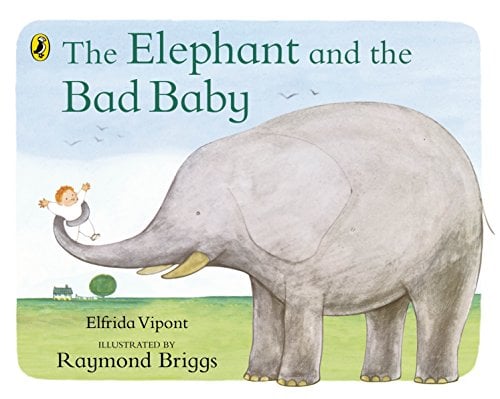
How do you try and foster a love of reading in children?
As head I think I am really lucky, I get to share my love of reading with all 308 children not just a class full! My assemblies once a week are always picture books. We plan the themes for the year and I match the picture books to the theme. I have been known to hug, sniff and even gently stroke the cover of books before I share them with the school. I think they couldn’t fail to see that I love books! I talk about what I love about them, I ask children what they are reading, whether they would recommend their books to me, what they might like if they are enjoying the one they are reading at the moment. This year I have a display outside my room of all the books I have read this year and it is so full I have had to move around the corner onto the next wall! I share books with teachers in school, recommend them to link to their themes and lead CPD. I have a year 6 reading group, this year they are all boys and all reluctant readers. They are currently devouring The Graveyard Book, asking if they can read more than I have asked them to. We picked the book together based on what they said they liked/disliked. I think that is something I am quite good at, talking to the children and signposting them to things they might like to read. I might not get it right first time, but I am fairly persistent! I feel so strongly that getting children to love reading is about helping them to find the right books for them. I signposted another year 6 to Stormbreaker recently and he is already on book 4 – his mum mentioned he has never enjoyed reading until them when she popped in on Monday. Always great to hear!
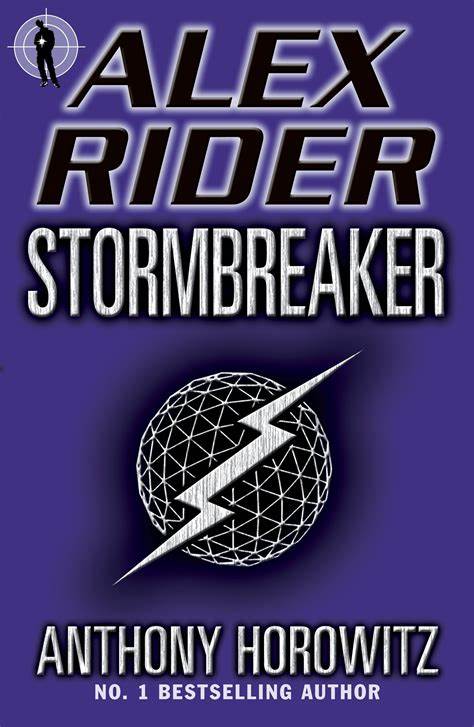
What has been your most successful reading or writing lesson or activity with children?
As a class teacher I had many. The best ones have been where we have really got into books. In my first year 1 class (after a move from year 6!) we based a term of work around Foggy, Foggy Forest by Nick Sharratt. We did lots of outdoor learning, fairy tales, weather, shadow puppets it was lovely. We also wrote our own versions of the story with woodland animals instead of fairy tale characters. The children chose their favourite page and created it using tracing paper and sugar paper backed drawings so that they were silhouetted on the page before then we made it into a whole class book to share with Reception class. They were so proud.
I did a unit on our world with Year 6. We used Paper Bag Princess. The illustrations in Colin Thompson books are great for discussions – so much detail. The children took sections and expanded on what could be happening in that part. We looked at the lyrics to Big Yellow Taxi and compared to Paperbag Princess and the children wrote their own songs about the environment.
I think as long as you love the text yourself there are so many possibilities. Like any subject our passion comes through. Which is why I think it is important for teachers to be readers, or at the least to know who they can ask to signpost them to a selection of books that might be good for their topics.
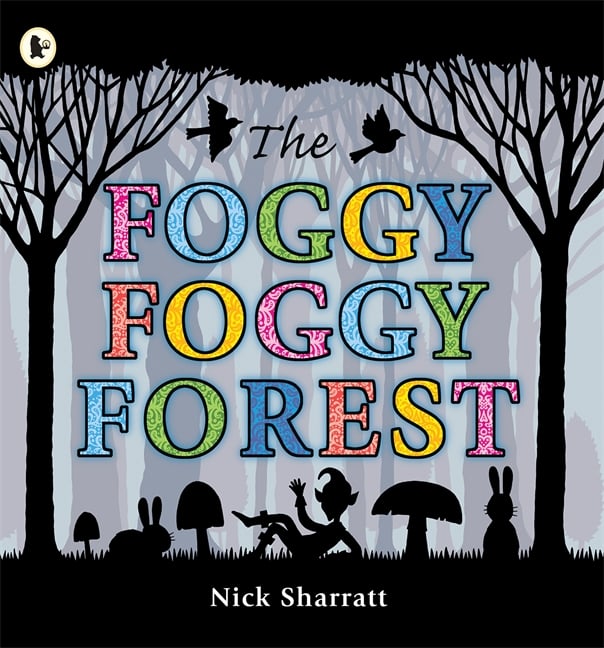
What advice would you give to parents whose children say they don’t like reading?
They haven’t found the right book yet! I would want to know what their reading habits are like, when do their children see them reading? What example are they setting? Do they share books together? Do they read to them at bedtime? If they do, do they talk about them, do they gasp/laugh/cry at the right bits. DO they know what books they might like? What kind have they tired? DO they go to the library together? I would also want them to understand the importance of reading the doors it opens up, but also the limits it imposes on them when they struggle with reading.
What books do you remember from your childhood? Do you have a favourite?
Favourite picture book – The Elephant and the Bad Baby or Green Eggs and Ham, both repetitive, great for joining in.
Favourite poetry book – Bedtime Rhymes, classics.
Favourite novel for younger readers – My Naughty Little Sister, small stories, easy to dip in and out. My favourite was when she goes to a birthday party with Billy and they eat the trifle in the pantry while everyone else is playing. My youngest and her best friend remind me so much of them!
Favourite novel – Phantom Tollbooth, such great use of language, I have read and re-read it. I have shared it with so many classes and quoted it in many leaving assemblies. Just great.
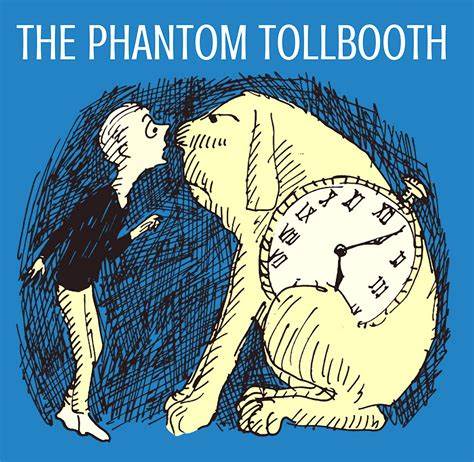
What was the first book that made you cry?
Probably The Lion the Witch and The Wardrobe, when Aslan dies. So sad.
What authors did you dislike at first but grew into?
Tolkien. Mum started with Lord of The Rings and I took ages to get into it. But The Hobbit was Awesome.
What’s your favourite under-appreciated novel?
I love a lot of classics, so Box of Delights or Children of Green Knowe. They are both magical, scary and full of adventure.
Have you ever experienced reader’s block?
I often go for long periods without reading. Taking breaks almost – usually coincides with a quilt that needs to be made! I have given up on several Phillip Pullman books, I don’t really get on with his style, but keep persisting! I also binge, reading multiple books by the same author – I recently read 4 Emma Carroll books, I like becoming absorbed by their style, but I quite often take a break after that, while I try to decide what to read next.
Are you drawn to a particular genre or type of book or do you read a variety of genres?
I read a range. I love adventure or mystery. I am not keen on Horror. I Prefer fiction. But I read a range.
What book are you currently reading?
Miss Peregrine’s Home for Peculiar Children
Where’s your favourite place to read?
Anywhere quiet.
Which books do you think have tackled the issues of diversity and difference particularly well?
I used these picture books for our theme of uniqueness recently:
| Book | Focus | |
| Week 1 | Elmer | Intro to the theme – uniqueness is a good thing. |
| Week 2 | We’re all wonders | What makes us different? Can we see beyond appearance? |
| Week 3 | How to be a Lion | Just because others do things one way doesn’t mean that is right for us. |
| Week 4 | A House in the Woods | Using our different skills to achieve something amazing |
| Week 5 | The Day the Crayons Quit | Appreciating difference – all have their role/purpose in the pack otherwise everything Duncan drew would be the same colour. |
| Week 6 | The Boy who Grew flowers | We sometimes only get to know the best bits, the bits that make us really unique when we look for them. |
| Week 7 | Rebel Girls/Boys who Dare to be different | Used alongside the P!nk VMA speech – being different means challenging stereotypes. If we made a book of people who are different, that we are admire – who would it include? |
| Week 8 | Staff and children to share their beautiful rebels (from last week) Who would we include and why. |
I like Auggy and me to compare to Wonder. Really good to see that there is more to Julian than you think when you read Wonder.
I love Last Stop on Market Street and Young, Gifted and Black.
Fox Girl and the White Gazelle is brilliant for this, so many similar experiences from different perspectives.
Which three books would you recommend to primary/ secondary school aged children and why?
The Peculiars – KM Larwood. Adventure, acceptance, teamwork, difference, mystery and beautiful relationships. Ticks a lot of boxes!
The Dunderheads – Paul Fleishman. A teacher who underestimates her incredible class and will definitely live to regret it!
My Naughty Little Sister – Dorothy Edwards. Still so easy to relate to all the characters, Shirley Hughes illustrations really complete it.
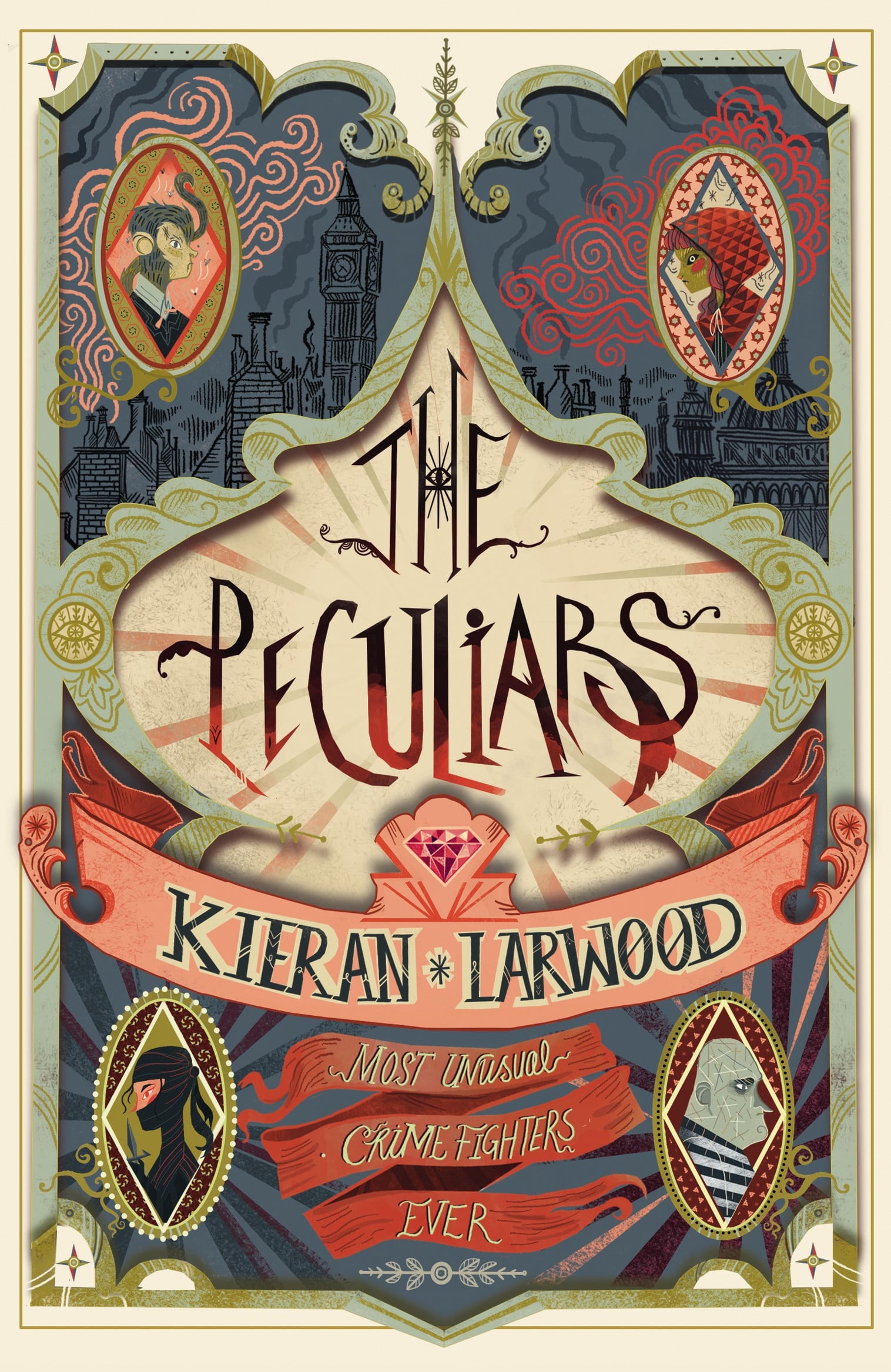
Finally: in one sentence, what does reading for pleasure mean to you?
Escape, release and endless possibilities!


